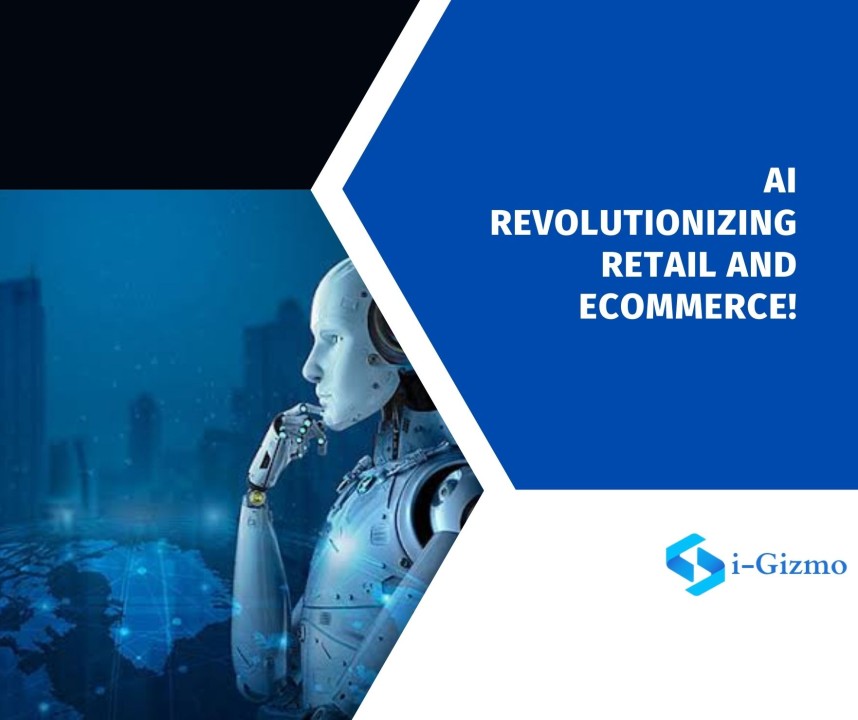AI is poised to significantly impact the retail and e-commerce sector in the coming years, transforming various aspects of the industry. Here are several key ways AI is expected to make a difference:
1. Personalized Shopping Experiences
AI can analyze vast amounts of customer data to provide personalized recommendations, enhancing the shopping experience. This includes tailored product suggestions based on browsing history, previous purchases, and individual preferences. Personalization can lead to increased customer satisfaction and loyalty.
2. Chatbots and Virtual Assistants
AI-powered chatbots and virtual assistants can provide 24/7 customer support, handle inquiries, process orders, and offer personalized recommendations. These tools can improve customer service efficiency and help businesses manage high volumes of customer interactions without the need for extensive human resources.
3. Inventory Management and Supply Chain Optimization
AI can help retailers optimize their inventory levels by predicting demand more accurately. Machine learning algorithms can analyze sales data, market trends, and other factors to forecast which products are likely to sell and when. This can reduce overstocking and stockouts, leading to more efficient supply chain management.
4. Dynamic Pricing
AI algorithms can dynamically adjust prices based on real-time market conditions, competitor pricing, demand fluctuations, and customer behavior. This helps retailers maximize profits while remaining competitive.
5. Fraud Detection and Prevention
AI can enhance security by detecting fraudulent activities in real-time. Machine learning models can identify unusual patterns and flag potential fraud attempts, helping to protect both retailers and customers.
6. Visual Search and Image Recognition
AI-powered visual search tools allow customers to search for products using images rather than text. This technology can improve user experience by making it easier to find items that match a customer’s visual preferences, leading to higher conversion rates.
7. Augmented Reality (AR) and Virtual Reality (VR)
AI can enhance AR and VR applications in retail, allowing customers to virtually try on clothes, visualize furniture in their homes, or experience products in a simulated environment. This immersive experience can increase customer engagement and reduce return rates.
8. Customer Behavior Analysis
AI can analyze customer behavior patterns to provide insights into purchasing habits, preferences, and trends. This information can help retailers develop targeted marketing strategies, optimize product placement, and improve overall customer engagement.
9. Logistics and Delivery Optimization
AI can optimize logistics and delivery routes to ensure faster and more cost-effective shipping. Predictive analytics can help retailers anticipate demand and streamline their delivery processes, improving customer satisfaction with faster delivery times.
10. Content Creation and Management
AI can assist in creating and managing content, such as product descriptions, reviews, and marketing materials. Natural language processing (NLP) can generate high-quality content quickly and efficiently, saving time and resources for retailers.
By leveraging AI, the retail and e-commerce sectors can expect to see enhanced efficiency, improved customer experiences, and significant growth opportunities in the years to come.




